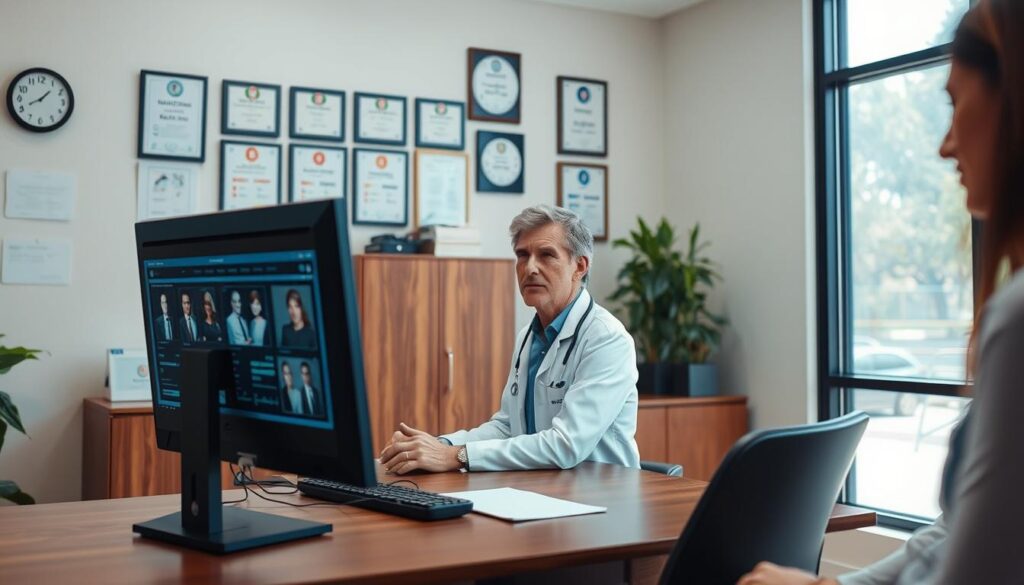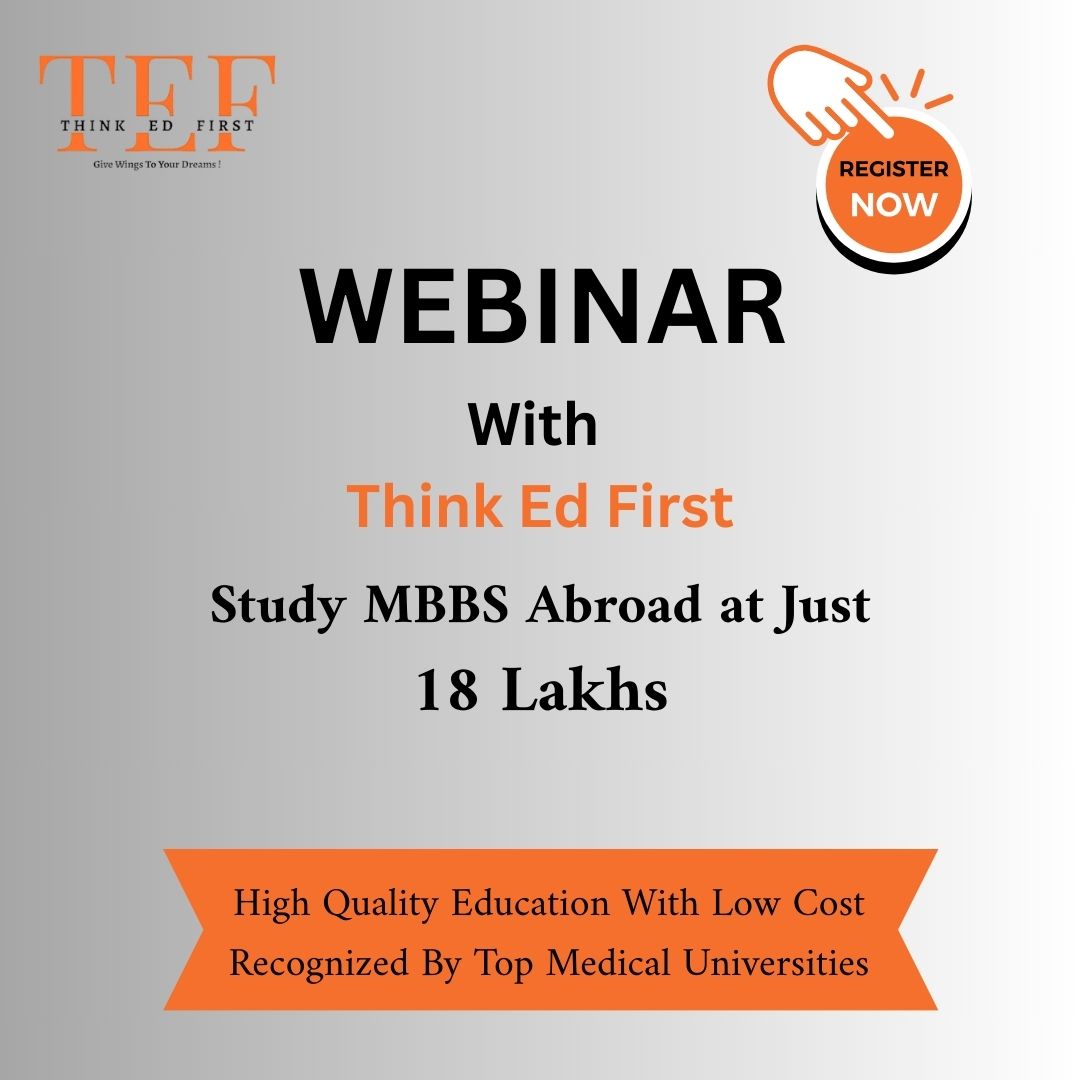Have you ever wondered how a degree from a foreign university could shape your career in healthcare? For many aspiring doctors, studying abroad offers a unique opportunity to gain global exposure and affordable education. Russia, with its internationally recognized universities, has become a popular choice for students aiming to build a successful career in medicine.
Graduates from Russian universities often find themselves well-prepared to meet the challenges of the healthcare industry. The key lies in ensuring the degree is accredited by the National Medical Commission (NMC) in India. This step is crucial for those who wish to practice in hospitals across the country.
Affordable fees and high-quality education make Russia an attractive destination. Students gain both theoretical knowledge and practical experience during their six-year program. This combination prepares them for a fulfilling career in medicine. To learn more about the benefits of studying in Russia, check out this detailed guide.
As we explore the journey from graduation to registration, we’ll uncover the steps needed to transition smoothly into the Indian healthcare system. Stay tuned to discover how you can turn your dream of becoming a doctor into reality.
Understanding the Path from Russian MBBS to Indian Medical Practice
Transitioning from studying abroad to practicing in India requires careful planning and preparation. The first step is ensuring your degree is recognized by the National Medical Commission (NMC). This accreditation is essential for graduates who wish to practice in India.
Recognizing Your Russian MBBS Degree in India
Graduates from established universities must verify their degree’s recognition. Many institutions in Russia are approved by the NMC, ensuring their courses meet international standards. This validation opens doors to a fulfilling career in healthcare.
Researching your university’s credentials is crucial. Understanding the course structure and exam patterns can provide clarity and prepare you for the accreditation process. This step ensures a smooth transition into the Indian healthcare system.
Document Preparation and Accreditation Essentials
Preparing essential documents is a critical part of the process. Graduates must gather their degree, transcripts, and internship certificates. These documents often need translation and apostille for official recognition.
Language proficiency can ease the documentation process. Clear communication ensures accurate translations and smoother accreditation. Meticulous preparation maximizes your opportunity to practice in India.
| Document | Purpose | Process |
|---|---|---|
| Degree Certificate | Proof of completion | Translation and apostille |
| Transcripts | Academic record | Translation and notarization |
| Internship Certificate | Practical experience | Translation and apostille |
Following these steps ensures your documents meet regulatory standards. This preparation is vital for a seamless transition into the Indian healthcare system. With careful planning, graduates can turn their dream of practicing in India into reality.
Navigating Medical Officer Jobs for Russian MBBS in India
For graduates with international qualifications, navigating the Indian healthcare system is a structured process. The first step involves registering with the National Medical Commission (NMC). This ensures your degree meets the standards required to practice in India.

Key Steps to Register with the National Medical Commission
Registration with the NMC is essential for graduates who wish to practice in India. The process includes submitting your degree, transcripts, and internship certificates. These documents must be translated and apostilled for official recognition.
Language proficiency plays a significant role in this process. Clear communication ensures accurate translations and smoother accreditation. Proper preparation maximizes your opportunity to practice in India.
Meeting Eligibility Criteria and Professional Requirements
To meet eligibility criteria, graduates must provide proof of completed internships. This practical experience is crucial for demonstrating your readiness to work in healthcare. Additionally, your academic background and acquired skills during your education in Russia directly impact your registration process.
Understanding both the educational and practical sides of medicine enhances your profile as a graduate. Meeting these professional benchmarks is critical for embarking on a successful career in Indian healthcare.
| Requirement | Purpose | Process |
|---|---|---|
| Degree Certificate | Proof of completion | Translation and apostille |
| Transcripts | Academic record | Translation and notarization |
| Internship Certificate | Practical experience | Translation and apostille |
Exploring different options in the healthcare sector is another important step. Graduates can choose between government and private hospitals. Each option offers unique opportunities to apply your skills and contribute to the field.
For more insights on affordable education abroad, check out this detailed guide. Understanding the registration process and eligibility criteria ensures a smooth transition into the Indian healthcare system.
Preparing for FMGE and the Registration Process
The journey to becoming a licensed doctor in India involves a crucial step: the FMGE exam. This test ensures that graduates meet the standards required to practice in the country. Understanding the exam’s structure and preparation strategies is key to success.
FMGE Exam: Preparation, Pattern, and Eligibility
The FMGE exam is conducted twice a year, in June and December. It consists of 300 multiple-choice questions, divided into two parts. Candidates must score at least 50% to pass. There is no negative marking, making it essential to attempt every question.
Preparation involves studying past papers and understanding the exam pattern. A structured study schedule balances rigorous training with practical exposure. This approach ensures a better understanding of patient care in the Indian setting.
Applying for Provisional and Permanent Registration
After passing the FMGE, the next step is provisional registration with the State Medical Council. This requires submitting essential documents, including your degree, transcripts, and internship certificate. Fees must also be paid during this process.
Provisional registration allows graduates to complete a supervised internship. This experience is vital for transitioning to permanent registration. Once all requirements are met, graduates can apply for permanent registration and begin their practice in India.
For more insights on studying abroad without NEET, check out this detailed guide. This rigorous process ensures that your training is world-class and directly applicable to Indian healthcare.
Enhancing Your Medical Career Through Further Training
Building a successful career in healthcare often requires continuous learning and hands-on experience. After completing your degree, the next step is to gain practical exposure and explore advanced studies. This approach ensures you stay competitive in the ever-evolving healthcare system.
Gaining Clinical Experience via Compulsory Rotatory Medical Internship
A compulsory rotatory internship is a critical step in your journey. It provides real-world experience with patient care and medical procedures. This training enhances your practical knowledge and skills in a live hospital environment.
During this period, you’ll gain invaluable insight into the Indian healthcare system. You’ll also learn effective patient management techniques. This experience is essential for adapting to local practices and preparing for future roles.
Exploring Higher Studies and Specialization Opportunities
After completing your internship, you can explore higher studies such as NEET-PG or specialized residency programs. These options allow you to focus on areas like cardiology, neurology, or oncology. Specialization can lead to better job prospects and a rewarding salary.
Continuous learning and advanced training are key to evolving as a proficient professional. They enable you to practice medicine competitively and contribute to medical breakthroughs. Leveraging this experience can also help you build a robust career path in hospitals or private practice.
Conclusion
Embarking on a career in healthcare after studying abroad involves a structured and rewarding journey. We’ve outlined the essential steps, from verifying your institution’s credentials to completing your residency and preparing your application. Each stage ensures you meet the standards required to work in this field.
Document preparation, exam success, and practical experience are crucial. These steps not only validate your foreign medical education but also prepare you for the challenges of the Indian healthcare system. Time management and systematic planning are key to achieving your goals.
We encourage every Indian student to explore further training and specialization opportunities. With dedication and the right approach, you can build a successful career in healthcare. Stay proactive and informed to make the most of this respected process.





